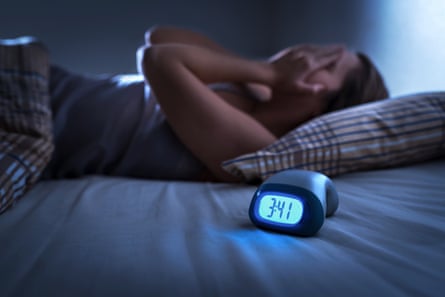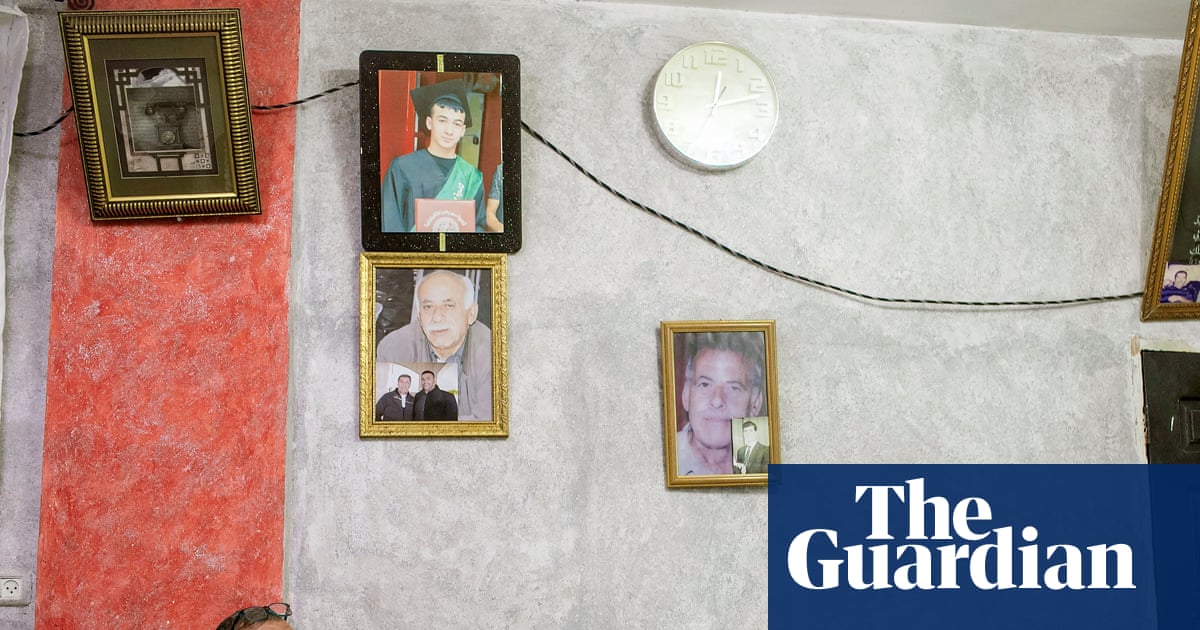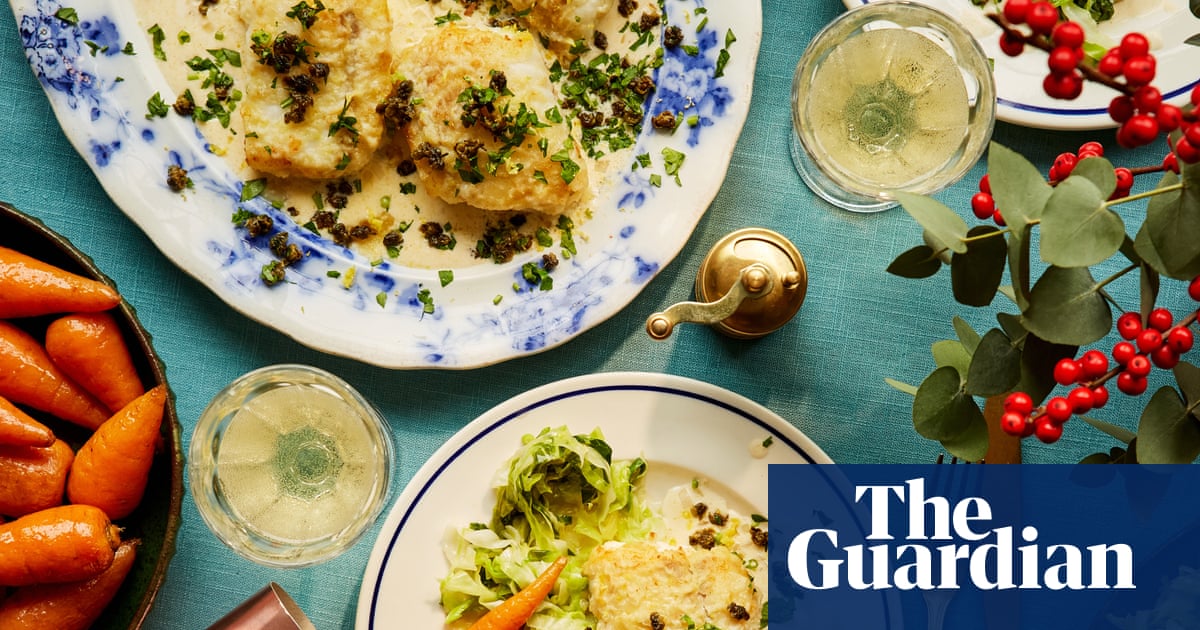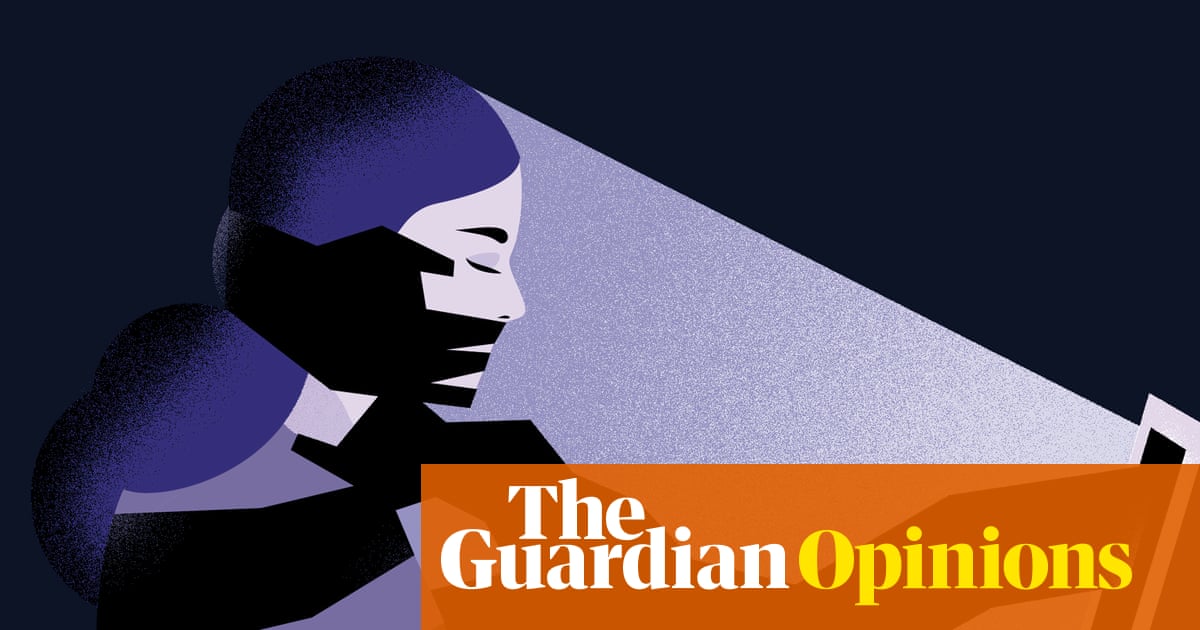Have a glass of warm milk. No, a cup of herbal tea. Eat carbs, but only the right carbs. Have fats, but not too much. Have a filling meal. No, not that filling. Eat early, but not too early or you’ll get hungry again later.
Ask the internet for advice on how to eat for a good night’s sleep and you could lose a whole night trying to find a clear answer. But amid a global shortage of good sleep (48% of Australian adults report having at least two sleep-related problems), dietary habits are emerging as a key factor that can make the difference between refreshing rest and a night spent regretting every food choice you made in the previous 24 hours.
Some of the most useful insights into the effect of timing, size and quality of meals on sleep come from studies of those who work through the night to keep our world running. At CQUniversity in Adelaide, research psychologist Dr Charlotte Gupta has been studying how different eating patterns affect shift workers’ performance. Her most important piece of advice for a good night’s sleep is to eat well before bedtime.
“We’re not primed to be digesting food at night,” Gupta says. A meal eaten too close to sleep forces the body to focus energy and resources on digestion, when it should be resting and performing other tasks that take place while we rest. “So it’s likely to impact the quality of our sleep; we’re more likely to wake up during the night, remember our dreams, not get that really restorative sleep,” she says.

The ideal is to eat your last food at least two hours before going to sleep, which means no pre-sleep pecking at leftovers or midnight raid of the fridge for a spoonful of cold pudding.
The size of that final meal can also make a difference. Ideally, we should be having a bigger meal in the middle of the day, when light exposure means our body is very much awake and primed for digestion, and a smaller meal in the evening. But not too small. “We don’t want it to be so small for dinner that you feel really hungry during the night, that your body’s going to wake you up and want food,” Gupta says.
On the question of what to eat for a good night’s sleep, the answer is less clearcut, says exercise physiologist and nutritionist Dr Elizabeth Machan from the Woolcock Institute of Medical Research and the University of Sydney. “We haven’t got extensive research that has given us the perfect recipe for what the evening meal should be,” she says.

There’s some evidence that higher-fat meals are more filling, so in theory people will have more restful sleep, Machan says. But diets high in fat are also associated with shorter sleep duration.
Similarly, despite the popular idea that eating carbs before bedtime is bad, some studies suggest having a meal higher in carbohydrate can actually help people get to sleep faster. “I think a lot of people might avoid carbs in the evening, for instance, or they’ll reduce their carb intake in the evening, and that’s when they can become more food-seeking later in the night as a result,” she says.
Machan says it’s important to include vegetables in that evening meal to help slow the digestive process. “Your gut’s going to be exposed to those nutrients for longer, it’ll have a better chance of absorbing them,” she says. “So if you’ve got a meal that is lower energy, for instance, it’s going to keep you full, you’re not going to wake up in the middle of the night hungry.”
There’s a lot of interest in micronutrients such as the amino acid tryptophan, which the body can convert into the sleep hormone melatonin, and which is found in a range of foods including eggs, tofu, salmon, milk, turkey and some nuts and seeds.

While some studies suggest increasing tryptophan intake might boost melatonin and improve sleep quality, Machan is more sceptical, arguing that light exposure is much more important in regulating melatonin. “You’re not going to make [melatonin] if you’re sitting in light – it’s a signal that we’re not needing to go to sleep, that it’s daytime,” she says.
One of the challenges with exploring the link between diet and sleep is that it’s a two-way street, says Dr Jen Walsh, director of the Centre for Sleep Science at the University of Western Australia.
Studies connecting late meal times with poor sleep are measuring not necessarily sleep quality on one night, but over the last month.
“I think what it’s telling us is that individuals who have poorer sleep are more likely to eat later in the evening.”
While one way of looking at it is that eating later means poorer-quality sleep, another way of interpreting the data is that people who have poorer-quality sleep are more likely to eat later. “It’s potentially [the case] that people who eat later have worse health behaviours in general,” she says.
Like so many other health stories, good sleep ultimately seems to come back to that same old chestnut of healthy diet, healthy lifestyle. “I say that sleep impacts diet and it also impacts exercise, so really we need to be getting the sleep right, and it will get everything else right,” Walsh says.

 3 months ago
43
3 months ago
43

















































